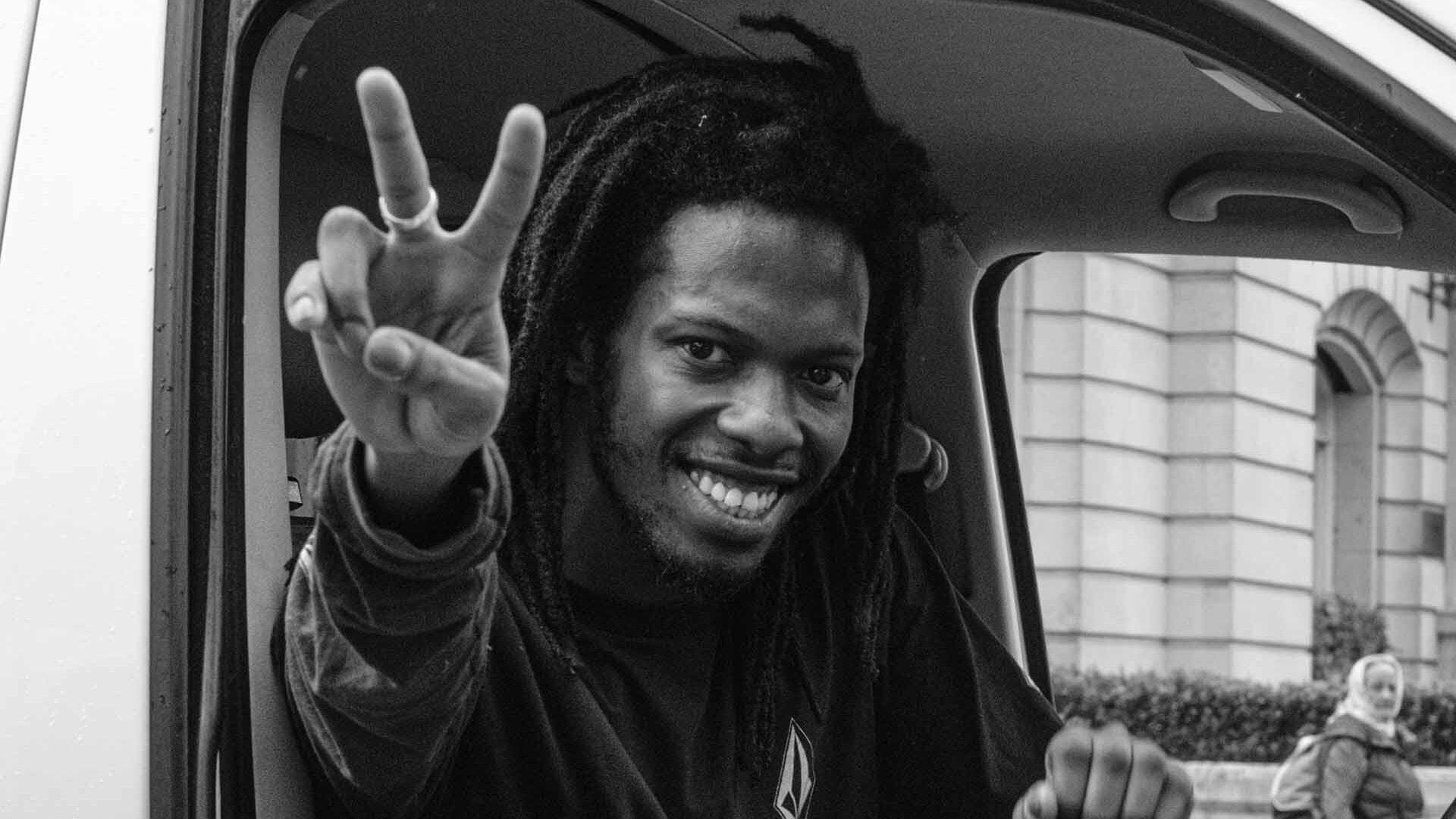Empathy is the ability to understand and share the feelings of another person. It is an important aspect of daily life because it allows individuals to connect with others on a deeper level, and to better understand their perspectives and experiences.
Table of Contents
Introduction
Empathy can help to build stronger relationships, improve communication and cooperation, and create a more compassionate and understanding society. It is also essential for personal growth and self-awareness, as it allows individuals to understand their own emotions and how they impact their interactions with others. Empathy is key to understanding and addressing societal issues, and making better decisions in personal and professional life.
- Empathy promotes social connections: Empathy allows us to understand and connect with others on a deeper level, which can lead to stronger and more meaningful relationships. Having strong social connections is associated with greater happiness and well-being.
- Empathy promotes altruism: Empathy can lead to compassionate action, or the desire to help others. Studies have shown that engaging in acts of kindness and generosity can increase feelings of happiness and well-being.
- Empathy promotes perspective-taking: Empathy allows us to understand and appreciate the perspectives of others, which can help us to be more understanding and compassionate. This can lead to greater feelings of empathy and compassion for others and oneself, which has been linked to greater well-being and happiness.
- Empathy increases self-awareness: Empathy can help increase our self-awareness, which can lead to greater self-compassion and self-care. This in turn can lead to greater self-esteem, which is associated with greater happiness.
- Empathy can lead to personal growth: Empathy can lead to a greater understanding of oneself and others. This can lead to personal growth and greater self-awareness, which can increase feelings of self-worth and well-being.
Empathy in The Brain
Empathy is thought to involve several different areas of the brain. When we observe or experience someone else’s emotions, the mirror neuron system in the brain becomes activated. This system includes regions such as the inferior parietal lobule and the superior temporal sulcus, which help to process and understand the emotional states of others. Additionally, the anterior cingulate cortex and the insula, which are involved in the regulation of emotions and the processing of social cues, also become active during empathy. Studies have also suggested that the amygdala, which is involved in the processing of emotions, may play a role in empathy.
Research has also shown that empathizing with others activates the same regions of the brain that are active when experiencing the emotion oneself, this process is known as “neural resonance” or “neural sharing”. This overlap allows for a shared understanding of the other person’s state and enables the individual to respond appropriately.
Overall, empathy is a complex process that involves multiple areas of the brain, and researchers are still working to fully understand how it works.
8 Ways to Increase Empathy
Here are a few tips that may help you to be more empathetic:
- Listen actively: When someone is speaking to you, give them your full attention and try to understand their perspective. Avoid interrupting or offering solutions before they’ve finished expressing themselves.
- Practice perspective-taking: Try to put yourself in the other person’s shoes and imagine how they might be feeling. This can help you to understand their point of view and respond in a more empathetic way.
- Show that you care: Use verbal and nonverbal cues, such as nodding and making eye contact, to indicate that you are engaged and interested in what the other person is saying.
- Be open-minded: Be open to new ideas and perspectives, and try to understand where the other person is coming from, even if you don’t agree with them.
- Educate yourself: Learn about different cultures, experiences, and perspectives. This can help you to understand and relate to people from diverse backgrounds.
- Take time to reflect on your own emotions and how they influence your interactions with others.
- Don’t judge, criticize or dismiss other people’s feelings.
- Practice mindfulness. Mindfulness practice can help you to focus on the present moment, to be non-judgmental, and to develop self-awareness, all of which can contribute to becoming more empathetic.
Conclusion
Empathy is a complex and multi-faceted ability, and it’s not always easy to empathize with others, especially in difficult situations. However, it’s important to practice empathy and to strive for compassion in everyday life. Empathy is a skill that can be developed and strengthened over time. With practice, it can become a powerful tool for promoting happiness and well-being in oneself and others. So be patient with yourself and practice regularly.







